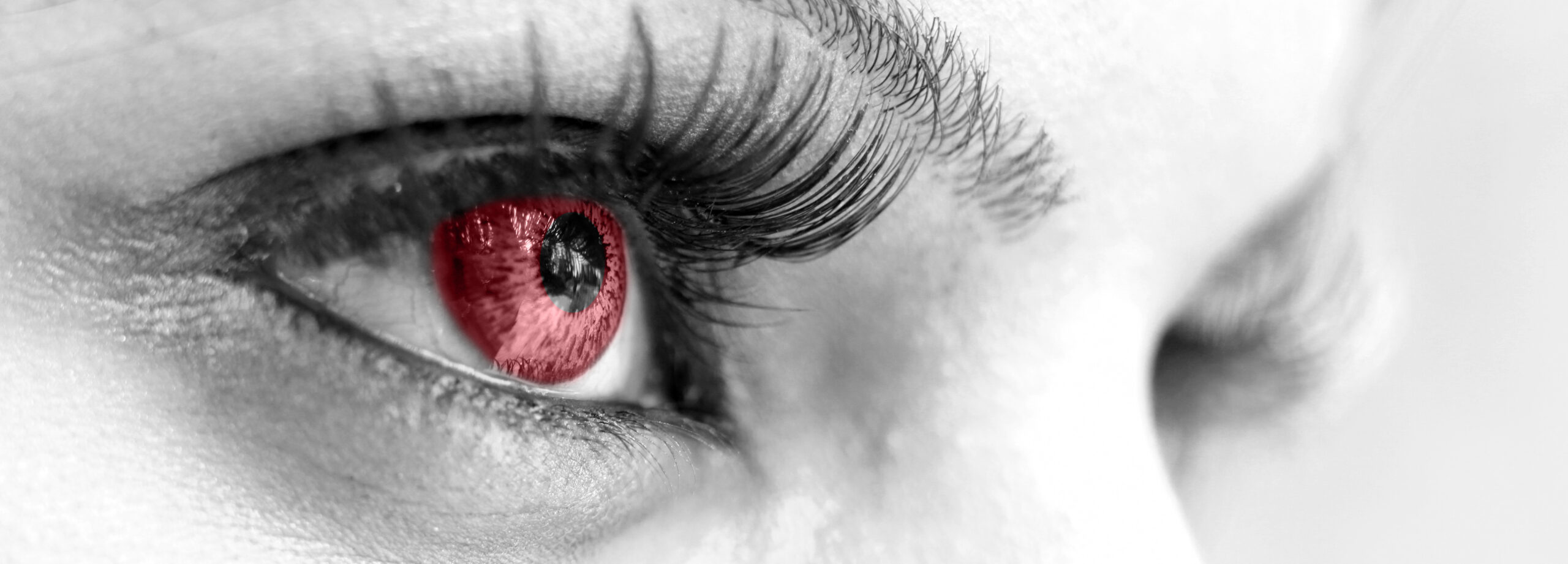REVENGE FANTASIES
By D U Sivri
www.mindstations.co.uk
Not many people have heard of Revenge Fantasies.
Unless you have worked with an experienced therapist, you may not even be aware of this phenomenon. Surely everyone has had some extremely powerful thoughts of revenge and vengeance, right? You know the type of thoughts, especially when it comes to exes or to people who have ‘wronged’ us in some way … thoughts like this for example:
All-consuming hatred like this is quite normal and considered to be human nature, isn’t it? Well, yes and no.
Yes, in terms of human nature, because anger, hatred, revenge and vengeance are definitely a part of most people’s thinking patterns.
And no, in terms of Revenge Fantasies, because not everyone has had these types of thoughts.
So let’s take a closer look at fantasies based on revenge and how they manifest themselves in our minds:
Definition:
A Revenge Fantasy is a powerful and descriptive thought or fantasy about how to get even with someone who has hurt us in some way, either physically or emotionally.
In essence, these fantasies have their roots based on all-consuming bouts of anger/rage with very vivid mental pictures of us hurting other people, in particular a perpetrator who has hurt us, in order to get them back in some way.
So why would we have these types of thoughts that are pretty destructive to our own well-being in many ways?
Well although this may seem rather paradoxical because of the nature of these types of thoughts, these vengeful fantasies can serve to calm feelings of humiliation, feelings of frustration and feelings of being insulted in some way.
When we have strong visions of punishing the perpetrator and settling the score, our minds get some form of relief and we feel that justice is being done. At the same time, these types of negative and intrusive thoughts bring us a sense of power, where we create powerful visions of us being in full control of events, whereas before we had no control or very little control. In many ways though, we have these types of thoughts as a coping mechanism and a self-preservation strategy to regain the power and status we feel we have lost in the real world.
The thoughts themselves can come in different waves with different intensities, and different levels of anger and vengeance. We may have the odd thought of attacking someone violently with no remorse, or we may have thoughts of Revenge Sex, where we fantasize about sleeping with someone in order to get back at an ex-partner for example. These types of thoughts are actually pretty normal once someone has hurt us to our very core. We can’t help but want to get back at them in some way. And the thoughts of revenge we pursue can come in many other forms. For example:
The recent court cases involving Johnny Depp and Amber Heard, plus the ‘Wagatha Christie’ case involving the footballers’ wives Coleen Rooney and Rebekah Vardy, prove that sometimes the desire for revenge can take the form of reality, as the fantasies become real and are played out in full view of the world’s media and the watching public. Against legal advice and common sense, the desire for revenge can take the form of ‘justice’ as one side sues the other side in a very public manner. In many ways, the desire for justice is the honourable and legal way to get the revenge that most of us desire when hurt, especially if we have been psychologically, emotionally or physically hurt. Perhaps the whole legal system has its roots set in society’s desire for ‘revenge’ in some way, which we dress up as justice. In other words, when something bad happens to us or our loved ones, we want the perpetrators to pay for their crimes, and because we may not be in a position ourselves to exact revenge as in an eye-for-an-eye or a tooth-for-a-tooth, we use the legal system to do it for us.
In civil cases though, as mentioned, it can be quite different, especially when ex-partners and ex-friends end up suing each other. Usually deep-rooted hatred can blind both parties, and the truth can be hard to decipher as the blinkers of anger and vengeance take over. Sometimes more money than sense leads the way in civil cases, as all the expensive court cases lately seem to prove. The real winners in these types of vengeful cases are always the lawyers, and usually the spouses who have been cheated on, or the friends who have been lied to/misled in some way.
When our pride gets hurt, we tend to go out all guns blazing as we look for revenge as a form of atonement. However, in most instances, extreme anger, rage and a desire for revenge can be the results of traumatic experiences and PTSD (Post Traumatic Stress Disorder). Our desire for vengeance is then elicited through responses to unfair treatment where we feel our self-worth is threatened in some way.
For example we may have thoughts like these:
“How can that piece of crap treat me like that?! I won’t rest until they get their comeuppance and feel what I feel!”
“How dare they do that to me?! Just who do they think they are?! They will be laughing on the other side of their face when I’m finished with them!”
Thoughts like these and even much stronger ones will permeate all of our thoughts for some time. These thoughts evoke action tendencies to impose suffering on those who have made us suffer. So these emotions then evoke very strong feelings of revenge, but we don’t always act on those feelings and look to take actual revenge. In most instances, they stay as fantasies, but not always of course …
In fact, certain people are more prone to Revenge Fantasies. These fantasies usually start in childhood as a way for children to cope with their frustrations and disappointments, and to also help them deal with their inability to speak up, act or express themselves in the ways that they want to. In other words, because most children have a natural lack of control in
their lives, they learn to assert themselves through their powerful and assertive feelings and thoughts. The interesting thing in these instances is that for most children, their revenge based fantasies are mostly directed towards their parents, friends and other family members.
Later on in life, people who have habitually had these thoughts or who have been victimised and traumatised by others, will continue to have vengeful thoughts. Complicated feelings of grief, stress and anxiety may also exacerbate these types of feelings. Sometimes we may even have certain traumas from the past that we may not even be aware of, but residual and latent feelings of anger will also trigger our desires for revenge.
So how do we effectively process and heal these painful and destructive thoughts?
Of course on one level we understand that continued violent and graphic Revenge Fantasies cause nothing but distress and don’t really compensate for the damage that was done. And if we were to carry out acts of revenge in any way, it would only compound the negativity that we already feel. So we need to process our feelings by working through the anxiety and grief, and this will lead to us effectively find some resolution. Perhaps working with a therapist may help us find self-love, and self-compassion, and lead us towards personal radical acceptance and deeper self-awareness.
We need to explore the feelings of harm and pain, injustice, loss and grief. And we need to allow the spectrum of emotions to surface and reconstruct a better sense of self through traumatic growth.
Revenge Fantasies can be obsessive in nature, and therefore can be tracked. In other words, certain stimuli that remind us of painful events or the people who have hurt us, can act as triggers for us. So we can track them and when we start to feel bad or fatigued, we can find coping strategies that work for us by managing our recurring thoughts. This can be both helpful and therapeutic. Understanding our deeper thoughts relating to compassion, forgiveness and justice, will help us connect to our core values as people.
Understanding our weak points will help us work towards being the best versions of ourselves. Ultimately, the Revenge Fantasies lose their power when an individual finds better ways to gain a sense of meaning, power, and a greater sense of purpose in life.
Always remember:
Holding on to anger and resentment is like drinking poison and hoping it kills someone else. Eventually it will only hurt YOU.
D. U. Sivri is a UK Qualified and Professionally Insured Psychotherapist, as well as a Certified Counsellor, NLP Master and Life Coach. His unique and eclectic style of Therapy has helped hundreds of people over the years find both Answers and Resolutions in their lives.
A renowned expert in the Psychology field, he has also written eighteen books, twelve of which are in the Personal Development and Self-help genres.












